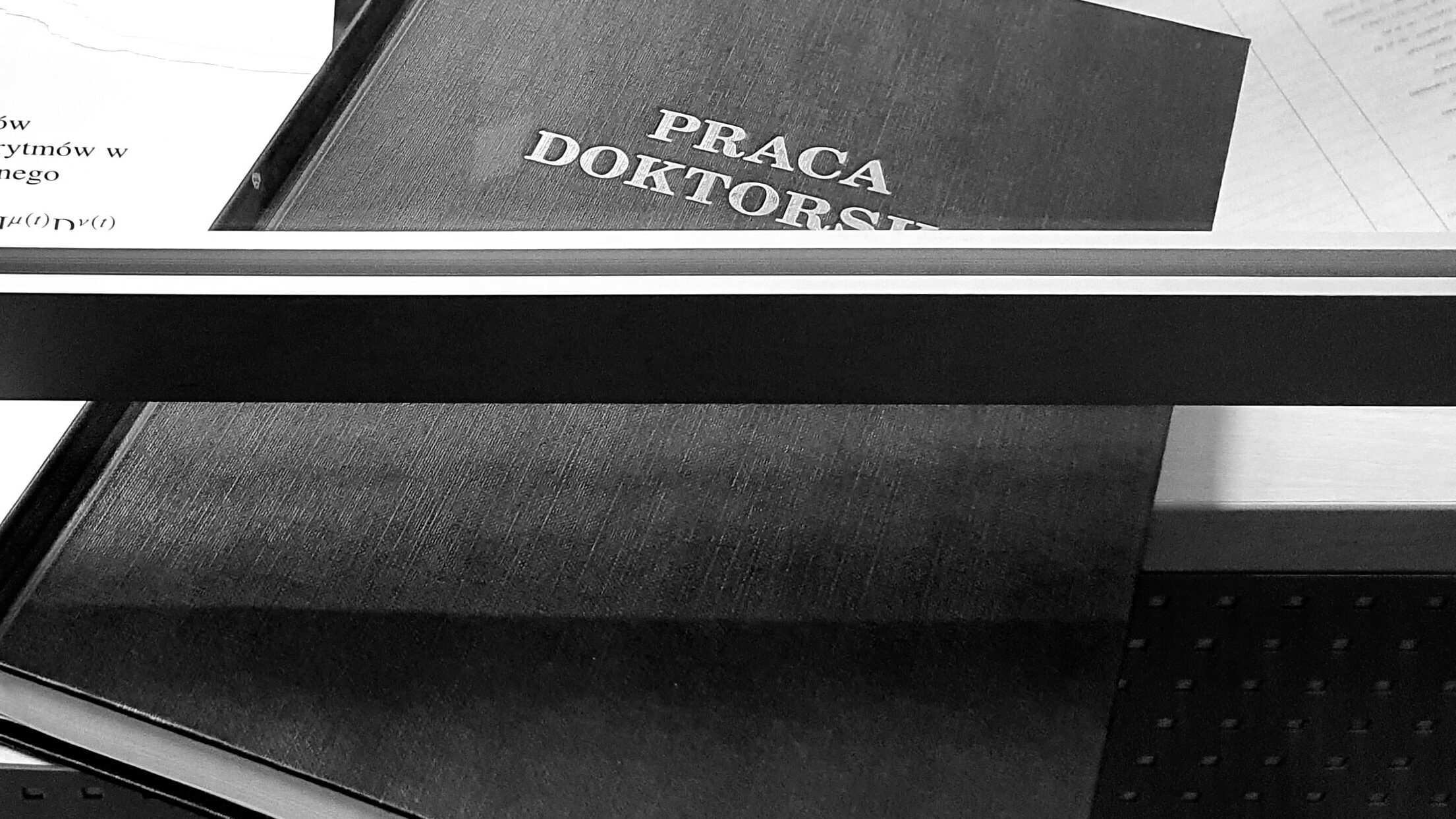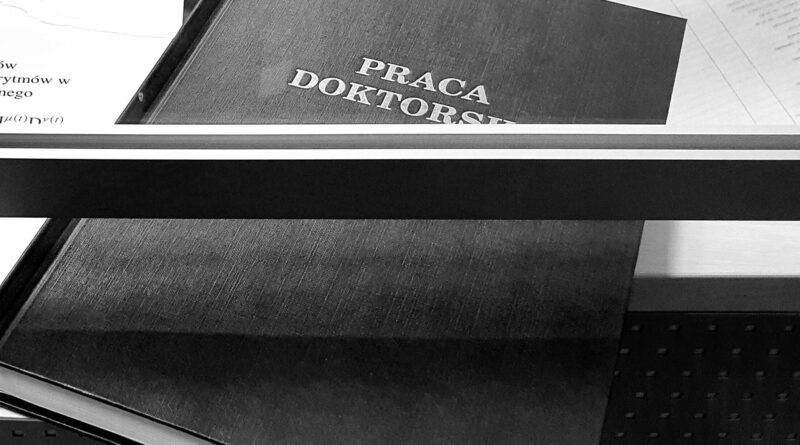PhD Tips #2. There is always something to correct
You might already hear about that – no thesis is 100% perfect. Yes, I know, you have this constant feeling that yours will be. I know this more than well :). But, have you ever tested how much time it takes you to write anything? How much time is spent on rethinking, replanning, changing fonts, alignment, etc.? I am not saying it is a pointless thing, not at all. For instance, sometimes it is better to first modify manually or by a regex1 measured data you gathered in an insanely long *.csv file before importing it to Excel because for some reason it just gets not parsed properly. Although there are things you can do later or even avoid that won’t affect your thesis significantly at the beginning like fonts, reference style, text alignment, size of figures, etc.2 Have you heard about your mom’s friend’s daughter that became a professor before she even turned 25? 🙂 Rule of thumb is simple – there is always something to correct, improve and extend.

Your thesis will not contain EVERYTHING. You can write about 100, 200, or 500 pages. It doesn’t matter as your mind will always try to convince you it is really really REALLY important to write one more chapter about what you’ve just read in that latest paper to show that you stay up-to-date. There is one problem though. It’s impossible to write about every theoretical concept, idea, or experiment which showed up. Unless you develop a 100% brand new hypothesis (which is never the case, I can assure you) the number of related papers in your research field is so huge you might not have enough lifetime to go through all of them. That is why it is recommended to stick to 3-5 well-known, timeless bible books in your field (you can easily find them by the number of citations)3 and papers not older than 3 years since publication. The thesis mustn’t be too long. One of the aspects the reviewers will check is your ability to describe specific research results in a concise way. Sure, the literature review is extremely important however PhD thesis is not a review article. The problem is that there is no precise definition of “concise way”. What I heard is e.g. in the field of computer science and electrical engineering total length without appendices should not exceed 150 pages. The number of pages is not what makes a PhD good. Additional material will also serve very well in your future publications when you will start earning those inglorious points.
All University staff stick to their concrete rules on how the thesis is supposed to look like. Rules based only on their and PhD students’ experience. And here is the tip: your reviewers come from different universities. They read and reviewed different works. And it is their job to search for the flaws of your thesis. If the thesis is neither too long nor too short you will likely receive a comment that you “needlessly wrote so much about topic A when you should focus more on topic B” and that “Figure X. is of poor quality”.
It is definitely not a bad thing to excel and develop. But please monitor whenever you feel it starts killing your creativity and forcing you to stay in the same place for too long. Most of the time you are on your own in this journey and nobody will tell you precisely “hey, stop, I think you’ve already done it!”. I think that’s the hardest challenge of PhD. Show and talk about your dissertation with other people, postdocs, professors, and fellow PhD students, and check if they have any suggestions. They might not be experts in your field but they will definitely instruct you on how to increase your performance in a smart way.
1I suggest you checking this out if you are not a software developer or not familiar with the concept, it might save you a lot of time on analyzing and parsing data.
2Note: You may receive a list of thesis writing rules at your institute. Or perhaps a template in Word or LaTeX. If so, familiarize yourself with them and apply at the beginning. They will give you a proper perspective on how to prepare charts, figures and fit data into tables during your research.
3In my research area of control applications of fractional calculus, I believe such books are:
- Diethelm, K. (2010). The Analysis of Fractional Differential Equations (Vol. 2004). Springer Berlin Heidelberg. https://doi.org/10.1007/978-3-642-14574-2
- Monje, C. A., Chen, Y., Vinagre, B. M., Xue, D., & Feliu, V. (2010). Fractional-order Systems and Controls. Fundamentals and Applications. Springer. https://doi.org/10.1007/978-1-84996-335-0
- Oldham, K. B., & Spanier, J. (1974). The Fractional Calculus—Theory and Applications of Differentiation and Integration to Arbitrary Order (Vol. 111). Elsevier. https://doi.org/10.1016/S0076-5392(09)X6012-1
- Podlubny, I. (1999). Fractional Differential Equations—An Introduction to Fractional Derivatives, Fractional Differential Equations, to Methods of their Solution and some of their Applications. In Mathematics in Science and Engineering (Vol. 198). Academic Press, Inc. https://doi.org/10.1016/S0076-5392(99)X8001-5
- Tepljakov, A. (2017). Fractional-order Modeling and Control of Dynamic Systems. Springer Theses. Springer Theses. https://doi.org/10.1007/978-3-319-52950-9
